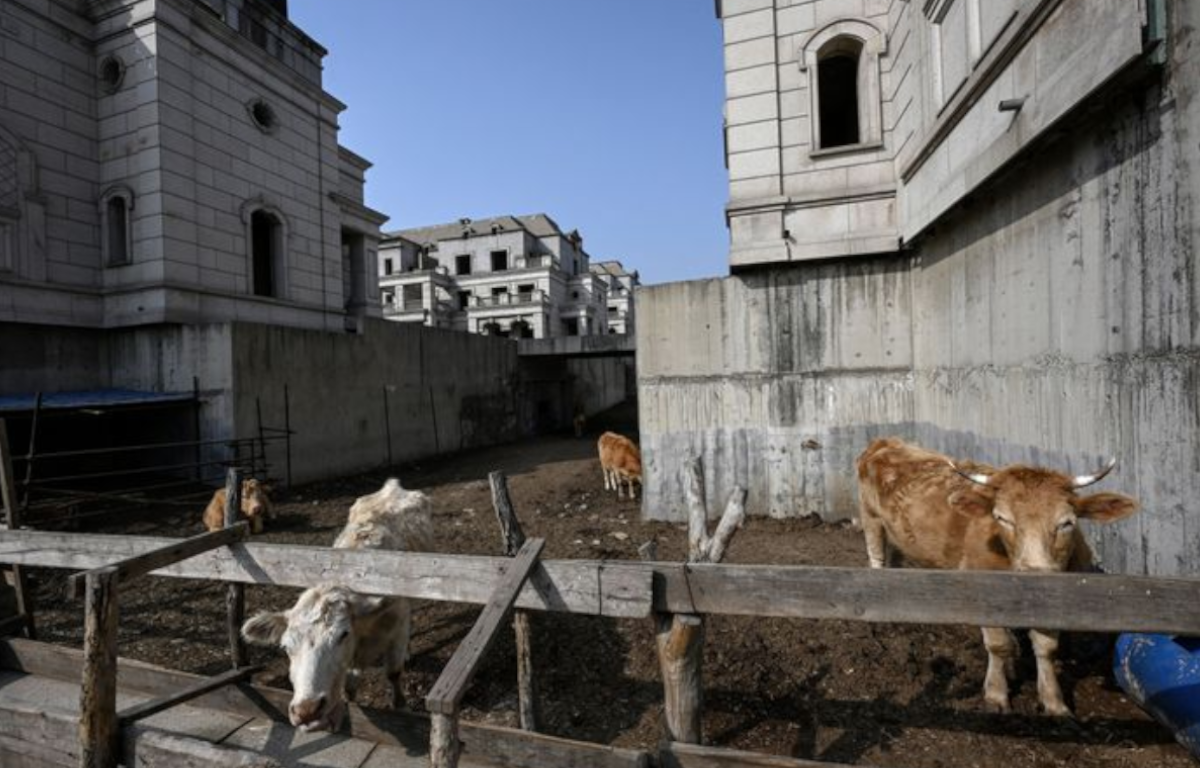
China’s economic growth over the past few decades has been nothing short of remarkable. It transformed from an agrarian society into a manufacturing and technological powerhouse, lifting millions out of poverty. This rapid growth, however, has been fueled by massive debt, overproduction, and reliance on exports. The Chinese government’s focus on maintaining high GDP growth has led to the expansion of industries and infrastructure projects, often at the cost of sustainability and long-term stability.
One of the critical factors contributing to the Chinese economic threat is its soaring debt burden. China’s debt-to-GDP ratio has been steadily climbing, fueled by corporate debt, local government debt, and shadow banking activities. This debt overhang not only raises concerns about financial stability but also limits the government’s ability to implement effective measures in the event of an economic downturn.
China’s real estate market has become a symbol of its economic fragility. Skyrocketing property prices, particularly in major cities, have created a real estate bubble that poses significant risks. Many properties remain unoccupied, leading to concerns about oversupply and the potential for a housing market crash. A collapse in the real estate sector could have far-reaching implications for China’s financial system and consumer confidence.
Another factor contributing to the economic threat is China’s changing demographic landscape. The country is facing an aging population and a shrinking workforce. The one-child policy, implemented in the late 1970s, has led to an imbalanced age distribution. This demographic challenge puts immense pressure on the pension system, healthcare, and social welfare programs. As the proportion of elderly citizens increases, China’s economic productivity could decline, hampering its ability to sustain high growth rates.
The interconnectedness of the global economy means that a Chinese economic implosion would have ripple effects worldwide. China’s role as the “world’s factory” means that disruptions in its production and export capabilities would impact global supply chains. International companies heavily reliant on Chinese manufacturing would face supply shortages, leading to potential market volatility and economic slowdowns in other parts of the world.
While the possibility of a Chinese economic implosion is cause for concern, it’s important to note that there are several potential scenarios. China’s leadership is well aware of the risks and has been taking steps to address them, such as promoting domestic consumption, investing in technology and innovation, and deleveraging the financial system. The government’s ability to navigate these challenges will play a significant role in shaping China’s economic trajectory.










Share this: